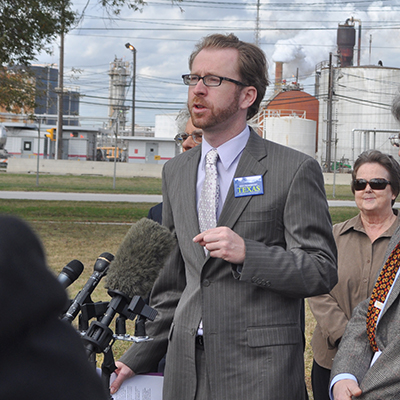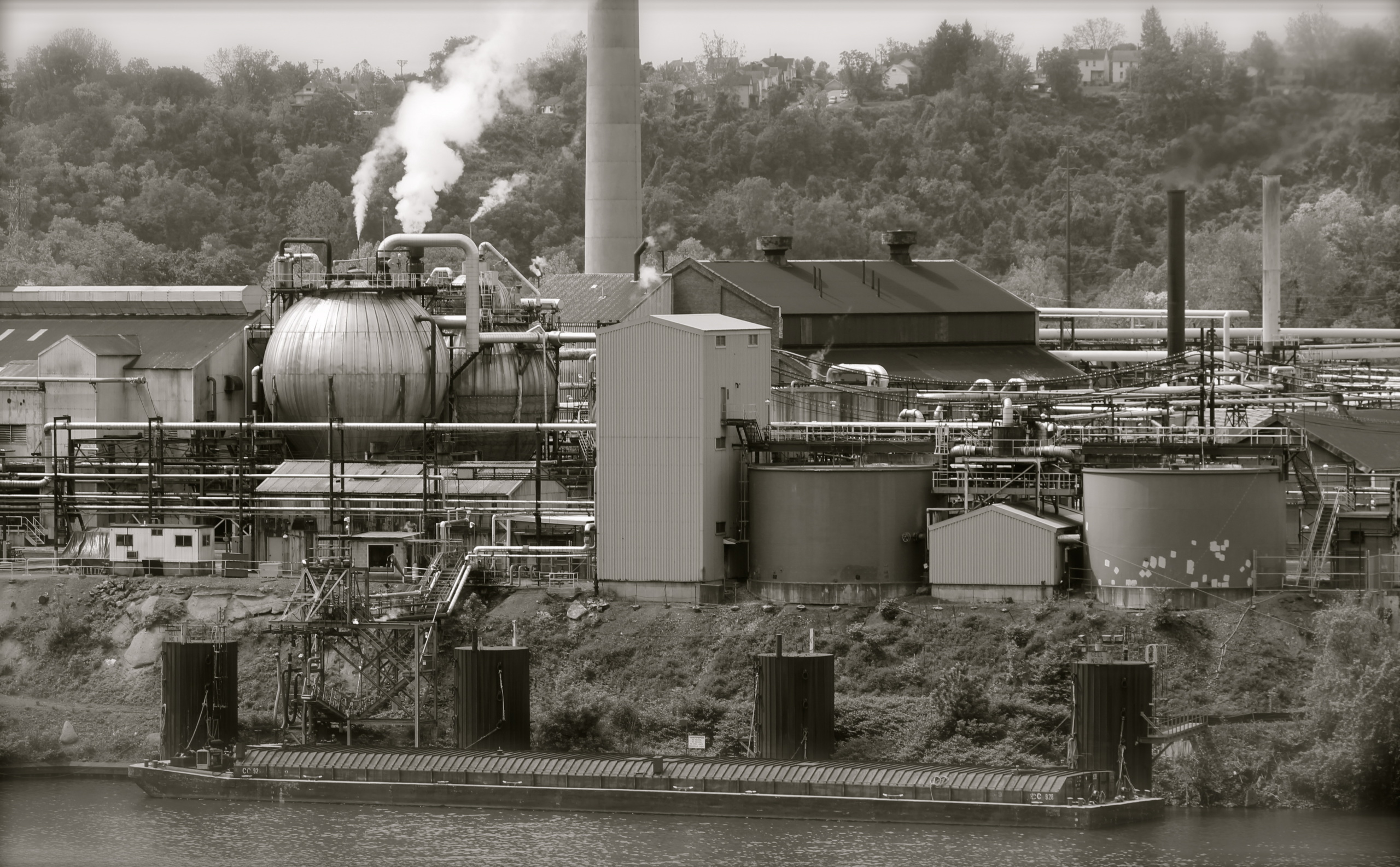
25 days to go for Texas Legislature
Which environmental bills are still moving?

Johnny Cash had a song called “25 minutes to go,” about a convict counting down the minutes until his execution. There are 25 days to go in the Texas legislative session. I’m counting down the days, but hopefully Texas’ environment and health will meet a better fate when the 87th regular session of the Legislature ends on Sine Die. With a host of very bad bills and some pretty good ones still in play, what happens in the next few weeks will determine whether session ends with a net negative or positive for our air, water, parks, and climate.
About six weeks ago I wrote about the best and worst bills that had been filed. We’re now late in the session and many of those bills never got a hearing or got trapped in committee and so are effectively dead. For this post, I’ll focus just on the ones which still have a chance. Note that many bills in the Calendars committee may never get set for a vote.
Electricity policy
Today the House State Affairs committee will hold a hearing on SB 3 (Schwertner), the Senate’s primary bill to respond to the deadly February blackouts. The bill includes good provisions to require weatherization of both power plants and natural gas supply. While the House previously has taken action to require weatherization of power plants, they conspicuously have, to date, refused to do the same for oil and gas wells and pipelines. That’s a big mistake for grid reliability, as state Rep. Jon Rosenthal pointed out in the Houston Chronicle. It remains to be seen whether the stronger Senate standards on weatherization will prevail.
But the biggest problem with SB 3 is Section 13, which would force wind and solar companies to pay billions in “ancillary services” and replacement power costs. That would do nothing to make our grid more reliable, but would likely lead some renewable energy producers into bankruptcy and slam the brakes on the enormous growth of wind and solar in the state. Stoic Energy’s Doug Lewin has a great thread on Twitter on the all key points of the bill. Ultimately, unless Section 13 is removed or amended, I think the state would be better off without SB 3 passing. Similar anti-renewable language is found in SB 1278 (Hancock) and HB 4466 (King).
The House also passed HB 2000 (Huberty), which provides loans and grants to help power plants weatherize. Thanks to amendments by Reps Erin Zwiener and Ron Reynolds, the bill also now makes energy efficiency, conservation and demand response eligible for funding, so consumers can benefit directly.
Other bills still in play:
- SB 398 (Menendez) adopting a Solar Customer Protection Act to make it easier for Texans to go solar and SB 415 (Hancock) clarifying and encouraging utilities and third-parties to utilize energy storage both passed the Senate and a House committee and are now waiting for votes by the full House.
- HB 1607 (Darby) to invest in additional transmission lines to bring wind and solar power to our cities passed the House.
- HB 3624 (Deshotel) to provide incentives for battery storage is in the Calendars committee
There are also efforts to amend bills to boost utility energy efficiency programs (a la SB 243 by Eckhardt and HB 4556 by Anchia).
Electric vehicles
HB 2577 by Rep. Kuempel did two things: 1) one make electric motorcycles eligible for the $2500 rebate available from the state for buyers of electric vehicles (good) and 2) cut that rebate (for purchasers of all kinds of EVs) by $750 (bad). Thankfully Rep. Cecil Bell successfully amended the bill to cut number 2. However there are other attacks on EVs, including SB 1728 (Schwertner) to create an annual fee of $200 per year for EV drivers to help fund roads. Such a fee would be one of the highest in the nation and would make it harder for people to choose EVs. Rep. Terry Canales’ HB 2221 more reasonably sets a $100 annual fee, and more importantly would develop a statewide border to border charging network for the state and more.
HB 4120 (Deshotel) would help school districts buy electric school buses. It passed out of committee and is now in the Calendars committee. SB 1202 (Hancock) would make it easier to install EV charging stations by clarifying installers don’t have to register as electric companies.
Global warming
HB 17 (Deshotel) preempts cities from eliminating gas pollution in buildings. It has unfortunately passed the House and Senate and is on its way to the Governor’s Desk for his expected signature. A related bill, HB 1501 (Dean) preventing cities from prohibiting natural gas appliances, passed the House today. SB 1261 (Birdwell) to preempt city climate plans, SB 13 (Birdwell) to prohibit state investment funds from doing business with companies which refuse to invest in fossil fuels, and HB 1683 (Landgraf) to prevent cities from enforcing federal oil and gas laws are all moving, but thankfully have been amended to limit their impact.
Clean air
HB 1820 (Zwiener) to increase penalties for illegal pollution passed out of the House Environmental Regulations committee, but opposition from the Texas Oil and Gas Association seriously threatens its chancesof going any further. SB 1263 (Birdwell) to make sure all Texas Emissions Reduction Program funds go to support clean air passed the Senate, but the Senate version of the budget (SB 1) would take 40% of clean air funds and give them to the TxDOT for congestion mitigation (read: roads). The House version of the budget fully funds clean air, however. The budget conference committee will decide which version prevails. SB 126 (Johnson) to set strong safety and pollution standards for above ground storage tanks unfortunately didn’t move. Even a much weaker bill on these storage tanks faces opposition. HB 416 (Walle) to include detailed plot plans in applications for standard permits for concrete batch plants is scheduled for a vote in the House on May 11.
Clean water
Three good water bills have passed the Texas House:
- HB 2350 (Zwiener) to create a nature-based infrastructure financing program within the Clean Water State Revolving Fund
- HB 2716 (King) to give the Texas Parks and Wildlife Department contested case status on water rights and pollution permits
- HB 2225 (King) to protect flows of water in our rivers and streams and to our bays and estuaries
HB 4146 (King) to prohibit the discharge of treated wastewater into pristine streams, including in the Devils River and Nueces River basins, is scheduled for a vote in the House today. HB 1143 (Ramos), to create a website where Texans can see if freshwater swimming areas have unsafe levels of pollution, passed out of committee and was sent to the “Local and Consent” calendar, which is reserved for uncontroversial bills (that’s a good sign!).
There are also several bills which would be bad for water quality. HB 2144 (Harris), which would abolish the right of Texans to sue for nuisance, including water, air, and noise pollution, was blocked thanks to a Point of Order raised by Speaker Pro Tem Moody, but is now back in the Calendars committee. HB 1480 (Cyrier), which might prevent community members from documenting water pollution coming from a factory farm, is in Calendars. And finally, HB 2692 (Landgraf) to reduce fees for a radioactive waste dump operator to be used for cleaning up an Andrews County waste site, thankfully failed this week on a point of order raised by Rep. Tom Craddick.
Save the bees
Only one of three bills to help the bees and pollinators is still standing – SB 1772 to promote bee-friendly habitat on solar farms passed the Senate.
State parks
The budget includes $3.5 million per year for the Texas Parks and Wildlife Department to acquire new state parkland. That’s the first time I can remember that happening in twenty years of working at the Legislature. It was made possible, in part, thanks to voter approval of a constitutional amendment to guarantee that sales taxes on sporting goods (for which collections are on the rise) go to fund our parks.
Topics
Authors
Luke Metzger
Executive Director, Environment Texas
As the executive director of Environment Texas, Luke is a leading voice in the state for clean air and water, parks and wildlife, and a livable climate. Luke recently led the successful campaign to get the Texas Legislature and voters to invest $1 billion to buy land for new state parks. He also helped win permanent protection for the Christmas Mountains of Big Bend; helped compel Exxon, Shell and Chevron Phillips to cut air pollution at four Texas refineries and chemical plants; and got the Austin and Houston school districts to install filters on water fountains to protect children from lead in drinking water. The San Antonio Current has called Luke "long one of the most energetic and dedicated defenders of environmental issues in the state." He has been named one of the "Top Lobbyists for Causes" by Capitol Inside, received the President's Award from the Texas Recreation and Parks Society for his work to protect Texas parks. He is a board member of the Clean Air Force of Central Texas and an advisory board member of the Texas Tech University Masters of Public Administration program. Luke, his wife, son and daughters are working to visit every state park in Texas.
Find Out More

Methane emissions are accelerating climate change — here’s what we can do about it

Houston-area ExxonMobil chemical plant permit up for renewal

Cleaner air in Steel City


